Description
Alpha-lipoic acid (ALA) is a supplement for managing chronic diseases characterized by oxidative stress, notably diabetic neuropathy, and demonstrates promise in slowing the onset of metabolic syndrome through antioxidant properties. This supplement exhibits multifaceted features, functioning as an antioxidant by mitigating oxidative stress-induced damage linked to chronic metabolic disorders.
Alpha-lipoic acid (ALA) is a caprylic acid-derived antioxidant. The compound is synthesized in the mitochondria and is a cofactor in the enzymatic nutrient breakdown.
ALA is also available in red meat, beets, carrots, potatoes, spinach, and broccoli. ALA consists of a dithiol functional group that eliminates reactive oxygen species (ROS) by reducing the oxidized forms of other antioxidants.
The organosulfur compound was discovered in 1937 when scientists found a type of bacteria that uses potato juice for reproduction.
ALA has recently gained a reputation as an antioxidant. In the reduced form, dihydrolipoate reacts and neutralizes ROS, such as superoxide radicals, singlet oxygen, and hydroxyl radicals. Thus, ALA is highly beneficial in several oxidative-stress-associated conditions such as ischemia-reperfusion or radiation injury.
Secondly, numerous studies have strongly supported the role of ALA in treating diabetic neuropathy. ALA does so by enhancing nitric oxide-mediated endothelium-dependent vasodilation, improving microcirculation in patients with diabetic polyneuropathy.
Additionally, when taken with avocado or soybean unsaponifiable compounds, ALA is shown to significantly suppress prostaglandin E-2 production, a key cytokine in the pathogenesis of inflammation.
ALA possesses an excellent iron-chelation property. The thiol groups in ALA are responsible for chelating irons. By increasing the glutathione levels inside the cells, ALA and dihydrolipoate excrete toxins, especially toxic metals, into the body. Lipoic acid preferentially binds to Zn, Pb, and Cu. On the other hand, dihydrolipoate forms complexes with Fe, Zn, Hg, Pb, and Cu.
So far, ALA has the most substantial evidence of the therapeutic effect in diabetic neuropathy and oxidative stress conditions. There is still a need for more studies on the benefits of other conditions such as HIV/AIDS, liver disease, and weight loss. According to the FDA, ALA is safe and effective, and promising uses can be explored in future studies.
…..
ALA and Other Health Conditions
ALA has been suggested as a potential aid in stopping or slowing the damage done by a variety of other health conditions, including:
- HIV
- Liver disease
- Cataracts
- Cancer
- Glaucoma
- Altitude sickness
- High cholesterol
- Eye damage from diabetes
- Multiple sclerosis
- Stroke
- Dementia
- Erectile dysfunction (erection problems)
- Ear infectionsBut much of the research into these alpha-lipoic acid uses is in its early stages. There’s not enough evidence to say whether ALA is effective for these purposes.
LA is considered a safe supplementation without any adverse effects. One study supports the safety of the drug, and an adult can take up to 2400 mg without experiencing any harmful adverse effects.High doses of ALA are not recommended as higher doses provide no additional benefits. The most common adverse effects reported with ALA are headache, heartburn, nausea, and vomiting.


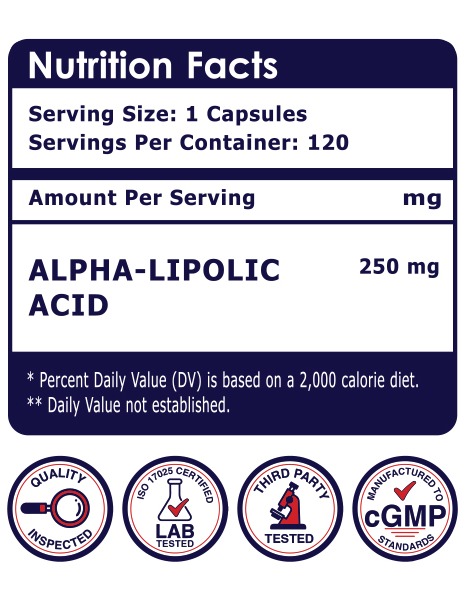
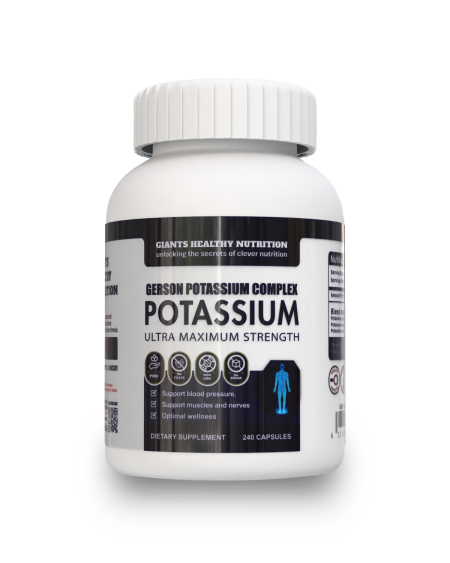
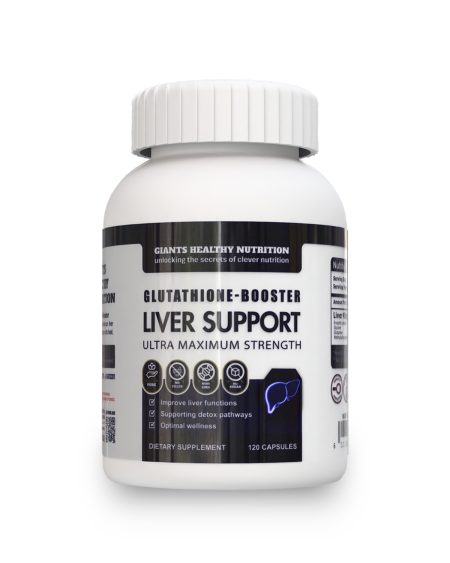
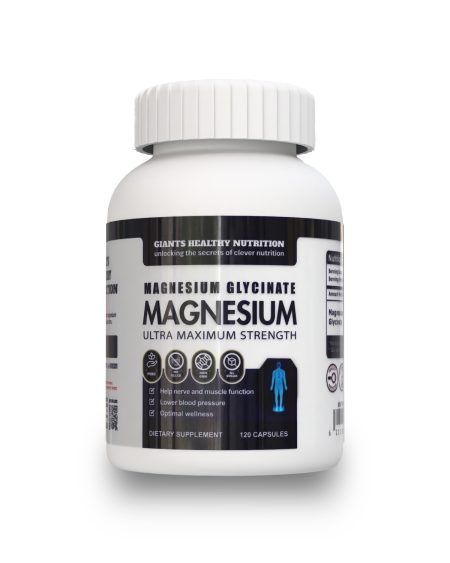
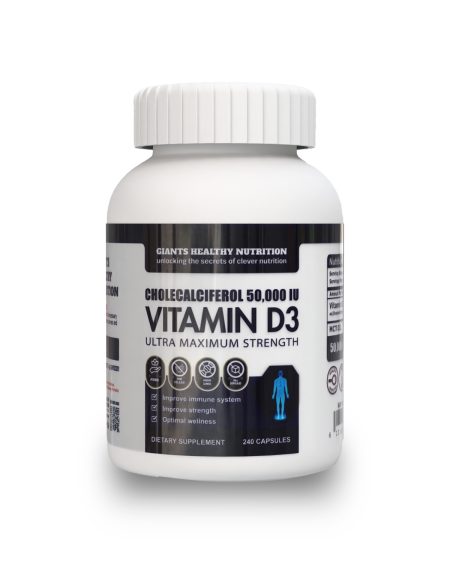
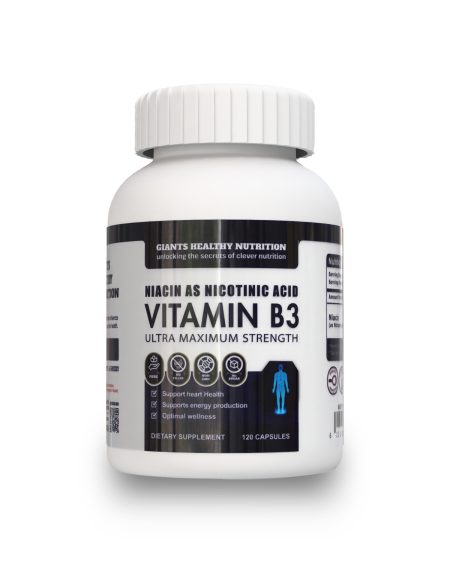
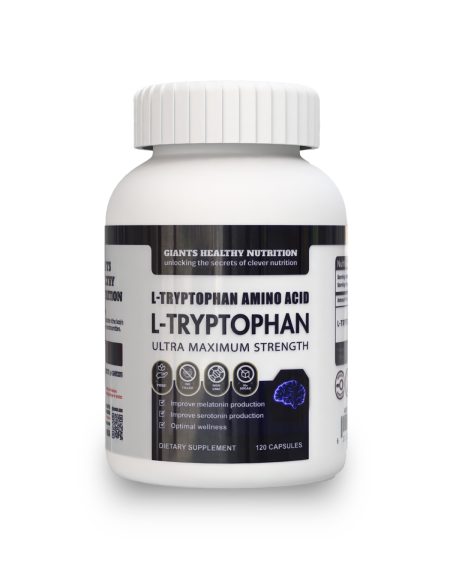
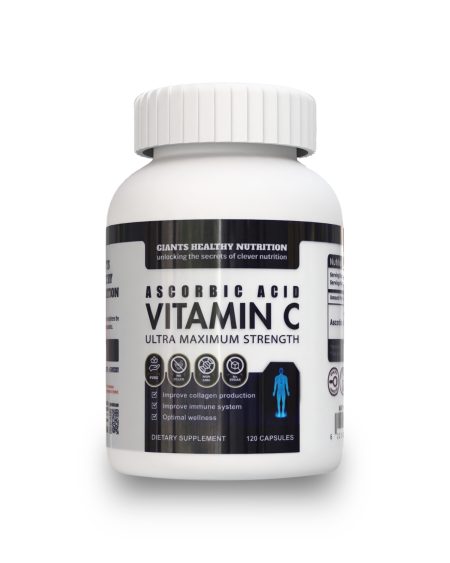
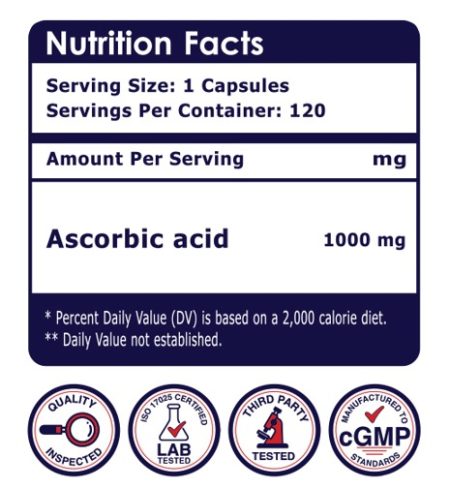
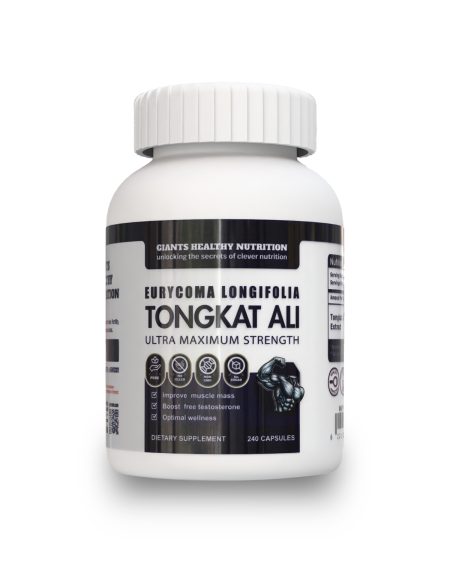
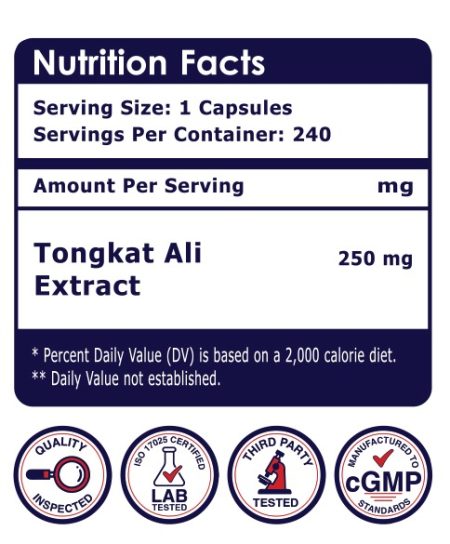
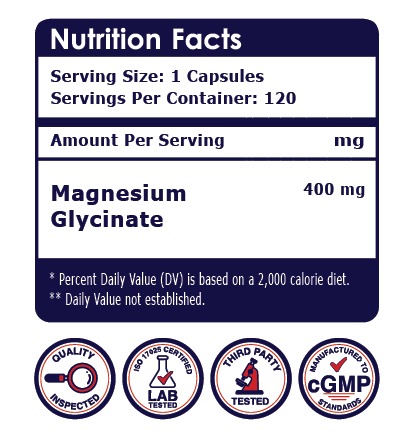
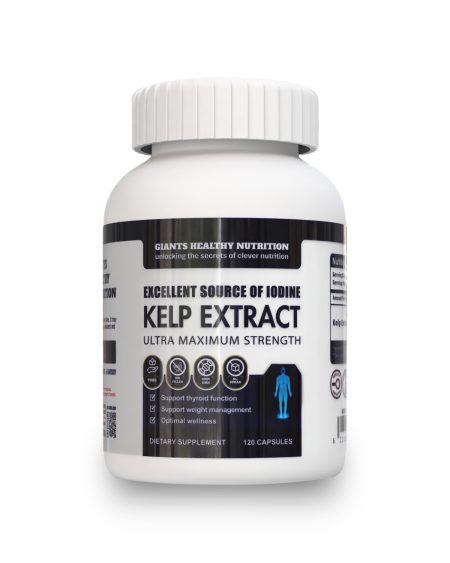
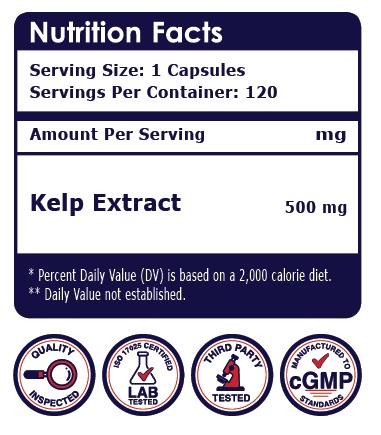
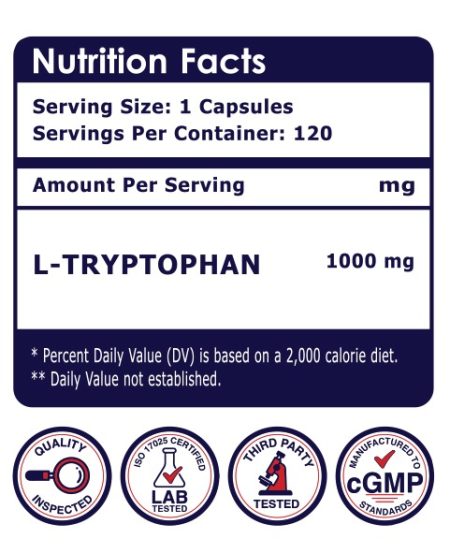
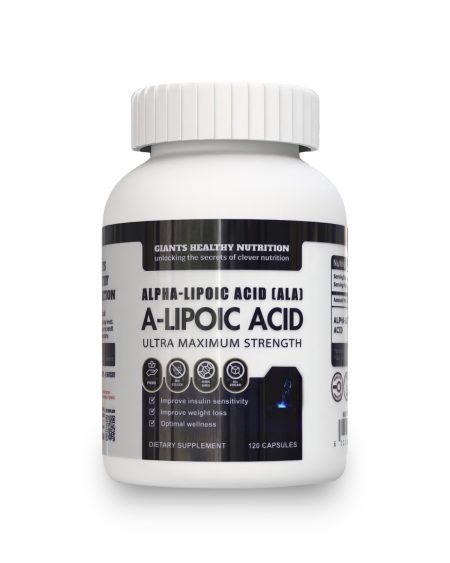

There are no reviews yet.